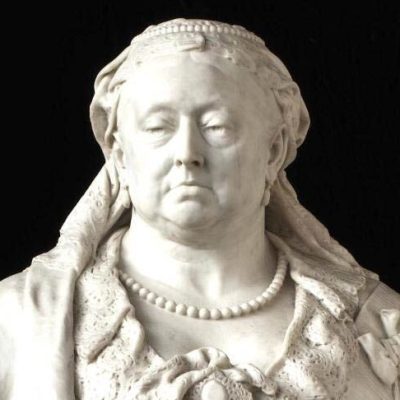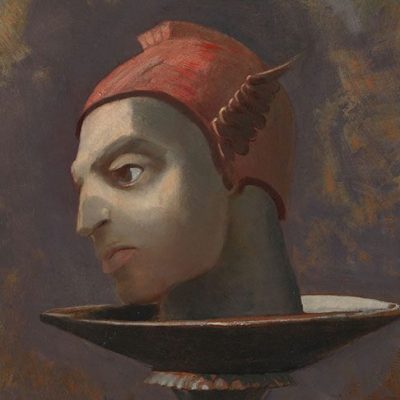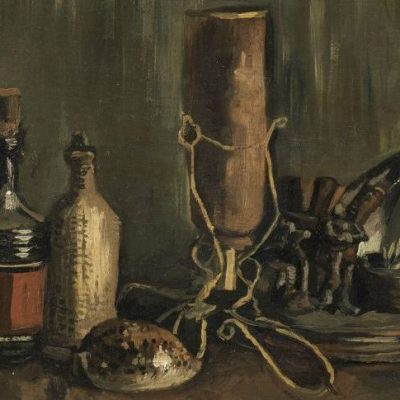A round-up of the best works of art to enter public collections recently
Fry Art Gallery, Saffron Walden
Two Women in a Garden (c. 1933), Eric Ravilious
This early watercolour depicts Ravilious’s wife Tirzah and Charlotte Bawden, who was married to Edward Bawden, in the garden of Brick House in Great Bardfield, where the two couples lived in a community of artists. The revival of British watercolour painting by the Great Bardfield Artists was in its infancy when this work was painted around 1933, but it reveals Ravilious’s distinctive style in its development. The work has been on loan to the Fry for a number of years; the purchase was enabled by grants from the National Heritage Memorial Fund, Arts Council England, and the V&A Purchase Grant Fund.
Two Women in a Garden (1933), Eric Ravilious. Fry Art Gallery
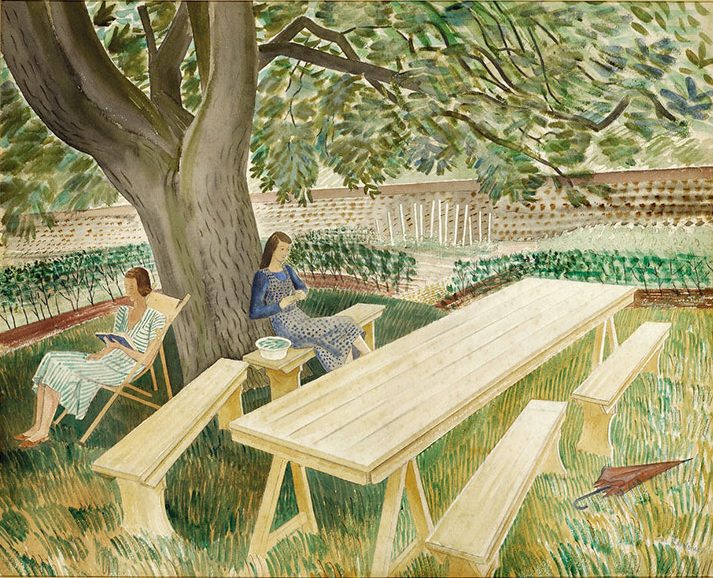
Whitney Museum of American Art, New York
400 works from Lichtenstein Foundation
The Roy Lichtenstein Foundation recently announced that it would close its doors and the foundation is giving over 400 works to the Whitney – the largest single artist donation in the museum’s history. The works span Lichtenstein’s entire career and demonstrate the full range of media used by the artist. The acquisition will form the backbone of the new Roy Lichtenstein Study Collection at the museum. The donation was announced by the Lichtenstein Foundation alongside a second gift to the Smithsonian’s Archives of American Art, which will receive some half a million documents, including photographs and letters.
Modern Room (1990/91), Roy Lichtenstein. © Estate of Roy Lichtenstein

Norval Foundation, Cape Town
Wind Sculpture (SG ) II (2018), Yinka Shonibare
The Norval Foundation has purchased a recent sculpture by Yinka Shonibare, to be installed in its sculpture garden next February. It is the first artwork by the British-Nigerian artist to enter a museum collection on the African continent. Shonibare’s monumental Wind Sculpture works, made of fibreglass, are designed to look like pieces of textile, with patterns inspired by African designs.
Ightham Mote, Kent
A Game of Bowls (1889), John Singer Sargent
This early Sargent painting depicts Mary Lincoln ‘Queen’ Palmer, a tenant of Ightham Mote in 1889, playing bowls with her daughter and friends on the North Lawn of the manor house. The work has now been acquired for the property, which is owned by the National Trust, after a successful public campaign which saw £75,000 raised by visitors and supporters of Ightham Mote, as well as grants from the National Heritage Memorial Fund and Art Fund.
A Game of Bowls (1889), John Singer Sargent. Courtesy Sotheby’s

Fitzwilliam Museum, Cambridge
Bust of Queen Victoria (1887), Alfred Gilbert
Following an export bar placed on the work in 2017, this white marble portrait bust of Queen Victoria was saved for the nation by the Fitzwilliam Museum. The museum purchased the work for just over £1m, enabled by a recent bequest and a grant from the National Heritage Memorial Fund, matching the previous sale price paid by a museum in New York. Carved by Gilbert between 1887–89, the work depicts the monarch in a realist style at the age of 70. It is the only surviving marble piece by Gilbert in a UK institution.
Queen Victoria (1887–89), Sir Alfred Gilbert. Courtesy Fitzwilliam Museum, Cambridge

Norwich Castle Museum & Art Gallery
Collection of 7th-century Anglo-Saxon jewellery
The Norwich Castle Museum & Art Gallery has purchased a significant collection of Anglo-Saxon jewellery, discovered in the grave of an aristocratic woman from the mid 7th century by a student metal detectorist in 2015. The trove, which is thought to be of major importance to the understanding of Anglo-Saxon history, contains a pendant with gold imported from Sri Lanka, inset with hundreds of tiny cloisonné-set garnets, as well as coins stamped with the insignia of a continental monarch.
The pendant from the Anglo-Saxon Winfarthing Treasure. Courtesy Norfolk Museums Service
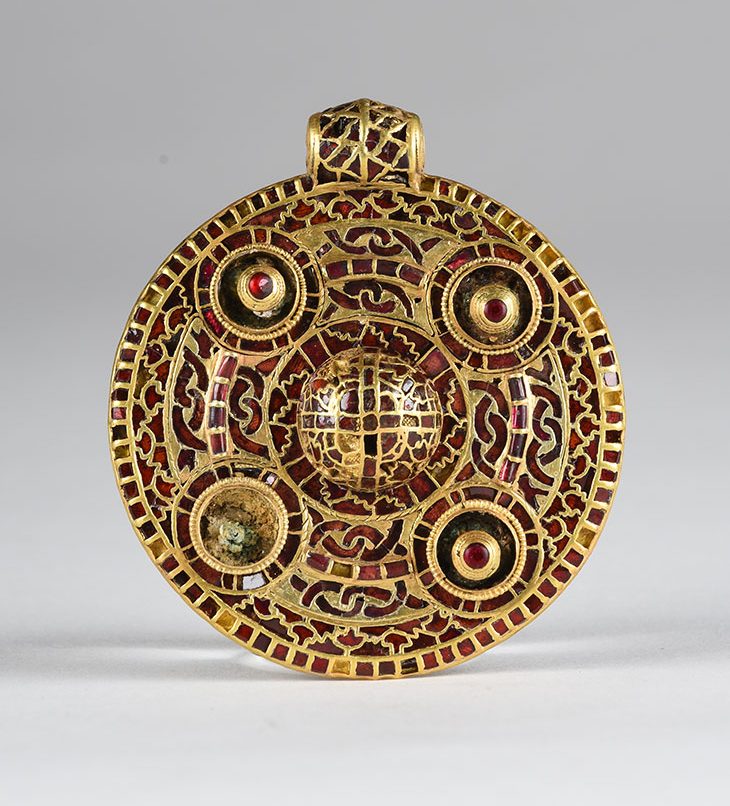
Cleveland Museum of Art
Sandy and Her Husband (1973), Emma Amos
This important double-portrait from the 1970s by the American artist Emma Amos is a prominent work in the touring exhibition ‘We Wanted a Revolution: Black Radical Women, 1965–85’ (currently at the ICA in Boston, until 30 September). The news of its acquisition by the Cleveland Museum of Art follows last month’s announcement, by the Brooklyn Museum, that it had acquired Amos’s early self-portrait, Flower Sniffer (1966), also in ‘We Wanted a Revolution’.
Sandy and Her Husband (1973), Emma Amos. Cleveland Museum of Art

